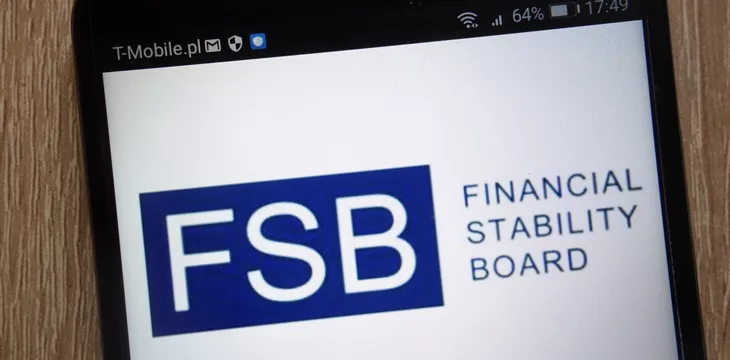|
Getting your Trinity Audio player ready...
|
The Financial Stability Board (FSB) will focus on pushing a coordinated approach to digital asset regulations among the G20 countries and beyond, chair Klaas Knot revealed in a letter this week.
The letter, addressed to finance ministers in the G20 countries ahead of a meeting in São Paulo, acknowledged that the global financial stability outlook remains challenging. In response, the Basel-based body unveiled its 2024 work plan, laying out its priorities under Brazil’s G20 presidency.
One of the priorities for the FSB is digital innovation. While digitalization is transforming finance and creating new opportunities, the board pledged to continuously monitor the financial stability implications of these innovations, “including in crypto-asset markets, tokenization, and artificial intelligence (AI).”
On digital assets, the FSB pledged to push for a regulatory approach for digital currency and stablecoins, which the G20 endorsed at the New Delhi Summit. The board expects to deliver a report on this in its October meeting.
“We will take forward, with SSBs and international organisations, the agreed G20 Roadmap that will support the implementation of a coordinated and comprehensive policy and regulatory framework – including implementation in jurisdictions beyond the G20,” it pointed out.
The board also pledged to publish a report this year on the implications that asset tokenization will have on financial stability.
In 2023, the FSB partnered with the IMF on a digital asset regulatory framework. Published in July, it was divided into two—one dealing with digital assets and the other with stablecoins.
While the FSB meets with G20 leaders in São Paulo this week, the IMF revealed that it has focused its efforts on regional training programs and bilateral technical assistance.
In a recent speech, IMF’s director for capital markets, Tobias Adrian, revealed that the Washington financier had trained 250 supervisors from 60 countries on digital currency oversight in the past year.
Adrian acknowledged that the IMF still faces challenges in its digital asset oversight efforts, including monitoring pseudonymous blockchain data.
While the IMF and FSB pledge continued efforts on digital asset regulations, Michael Hsu says they haven’t achieved much. Hsu, the Acting Comptroller of the Currency in the U.S., addressed the FSB’s Crypto Working Group recently. While he expressed belief that the coordination between regulators will bear fruit in the long run, he says it hasn’t worked so far.
“…implementation has been challenging, and no real progress has been made on consolidated supervision,” he noted.
Watch: Digital currency regulation and the role of BSV blockchain

 02-19-2026
02-19-2026 




